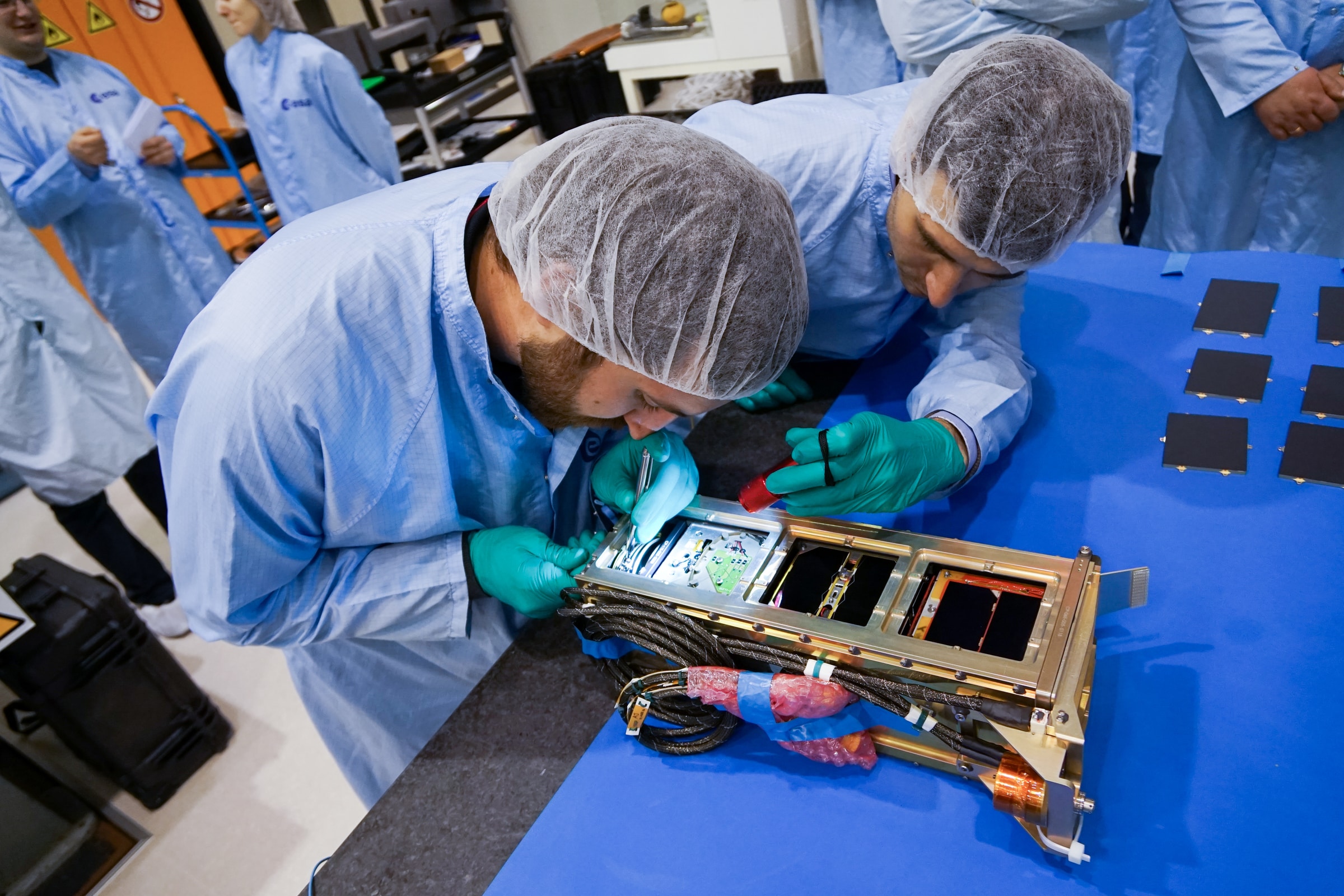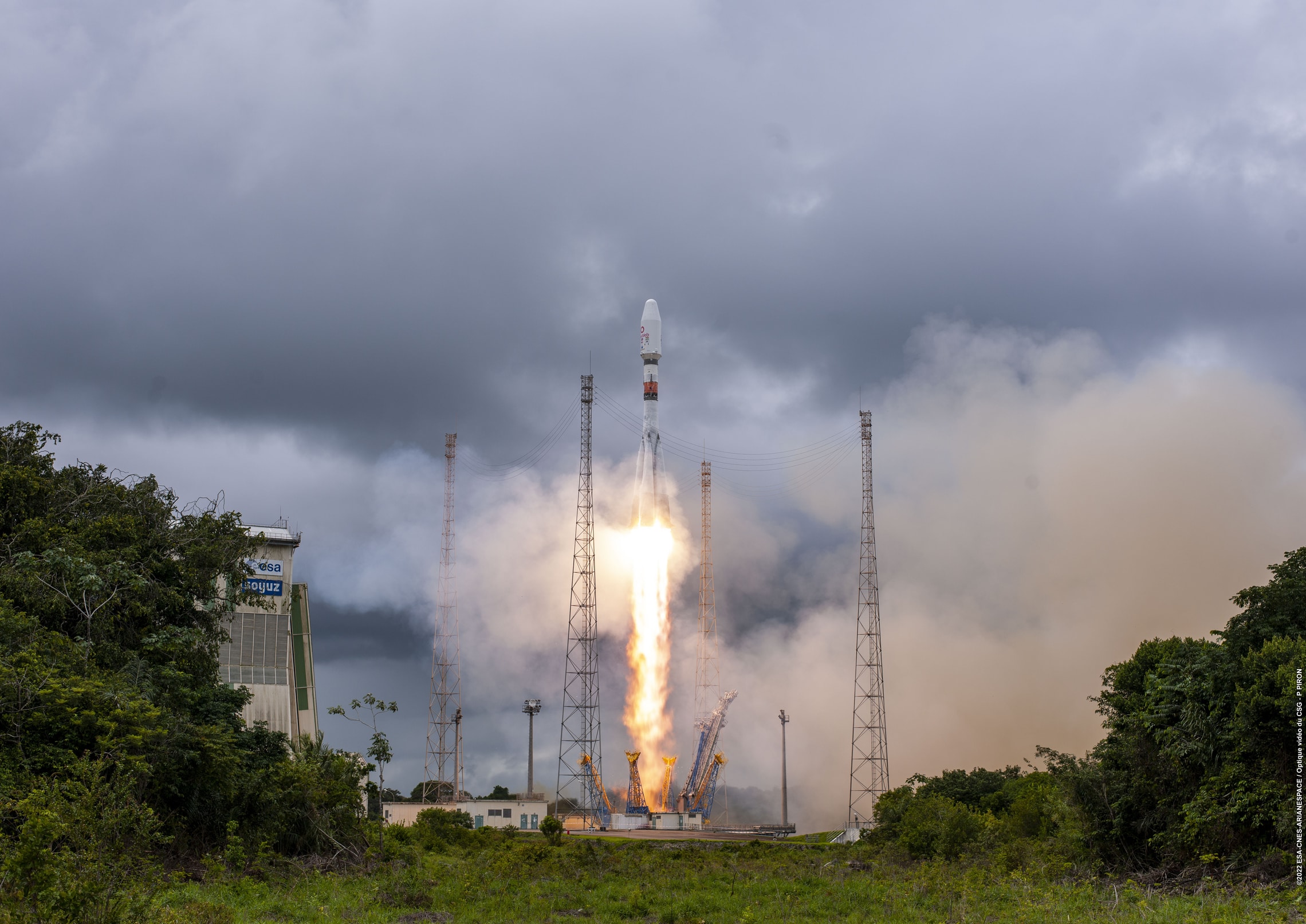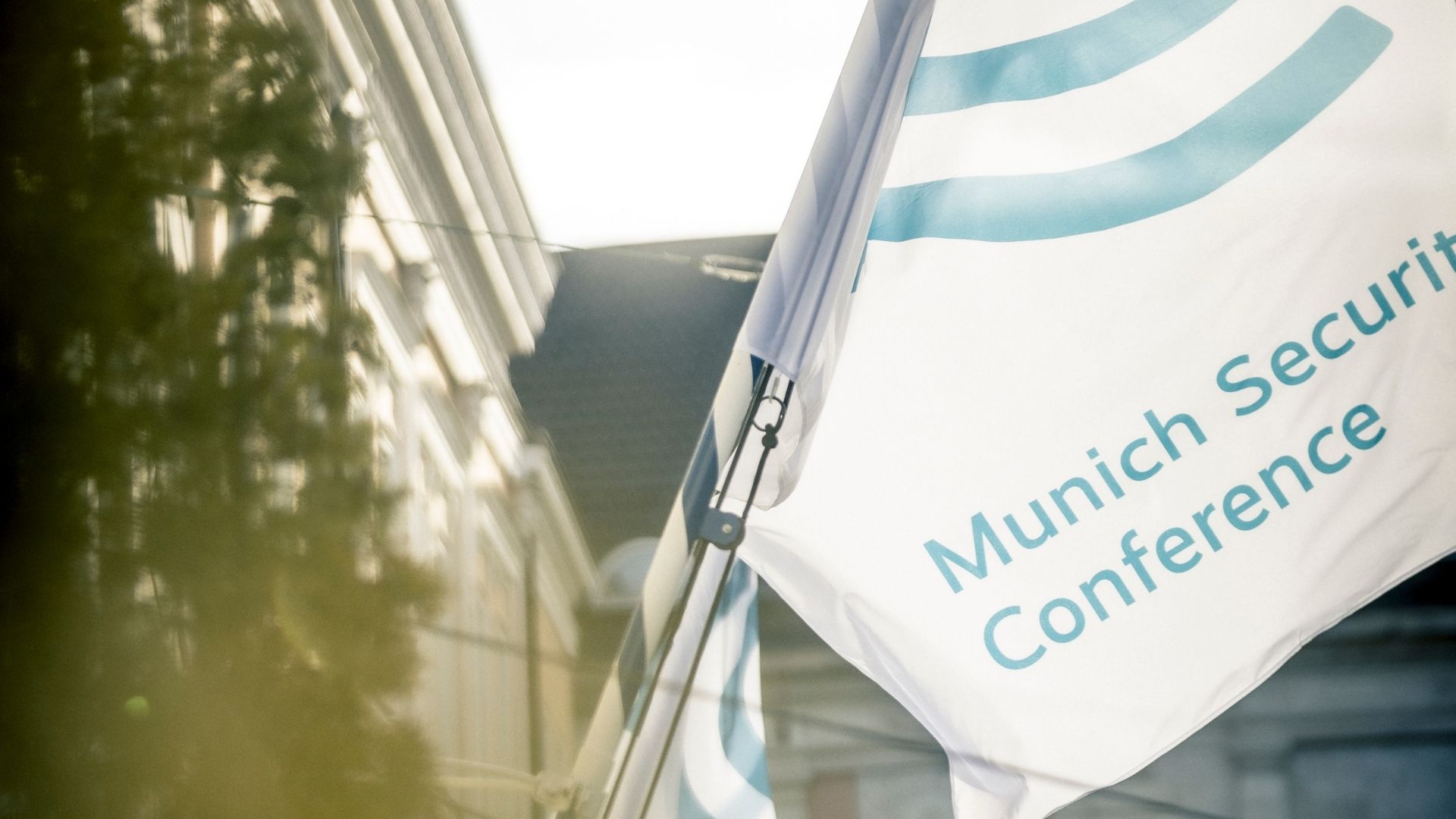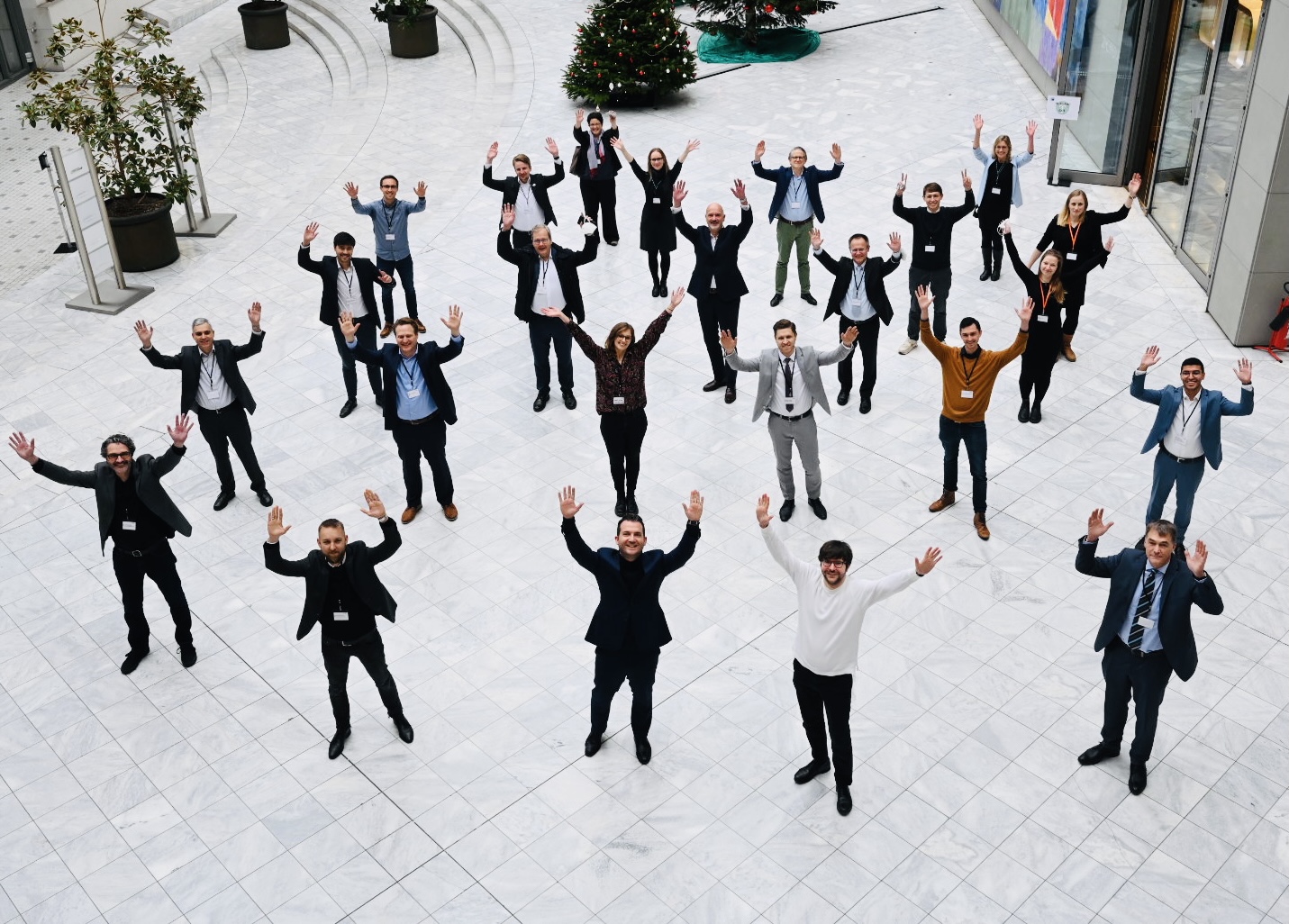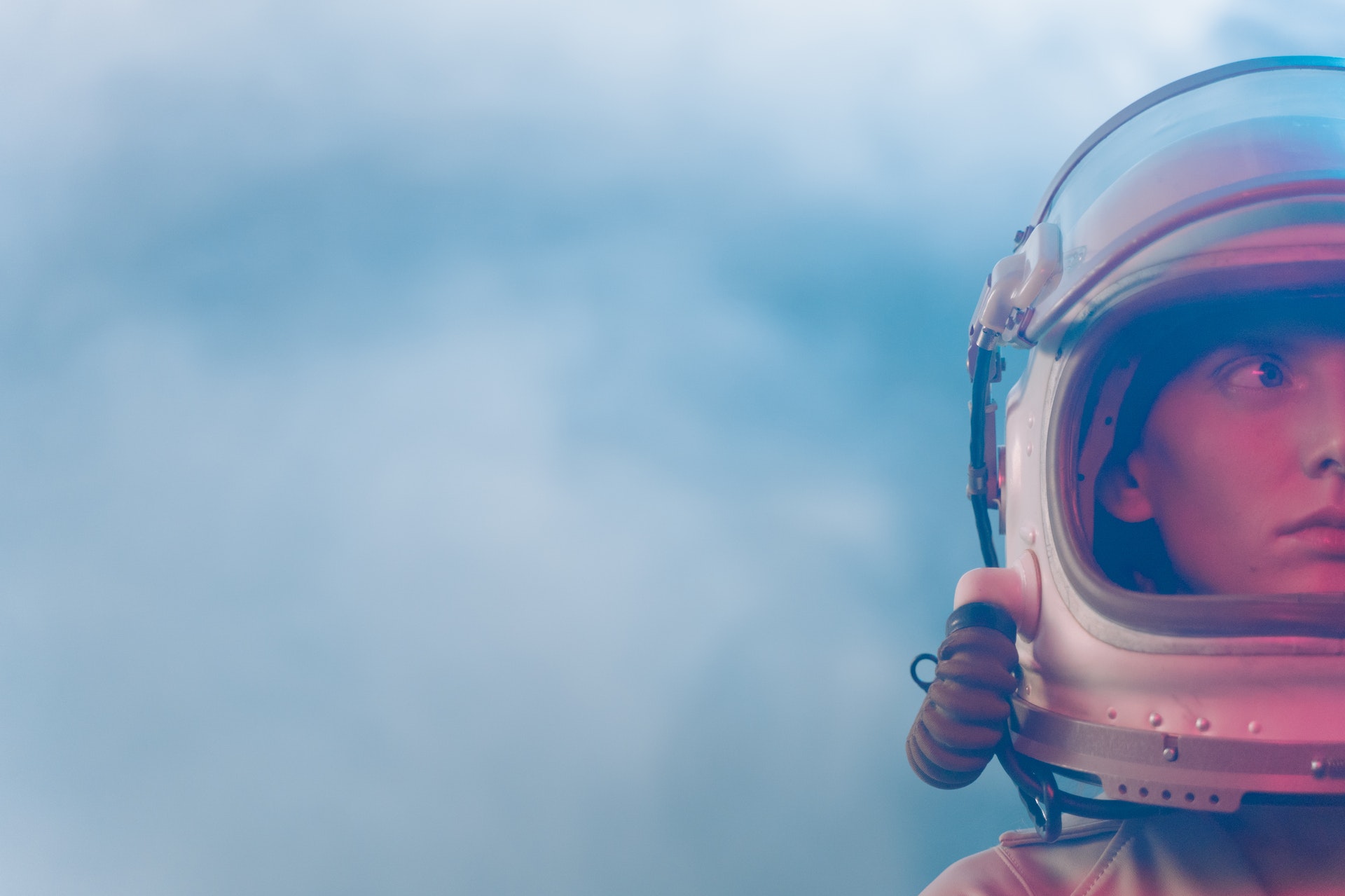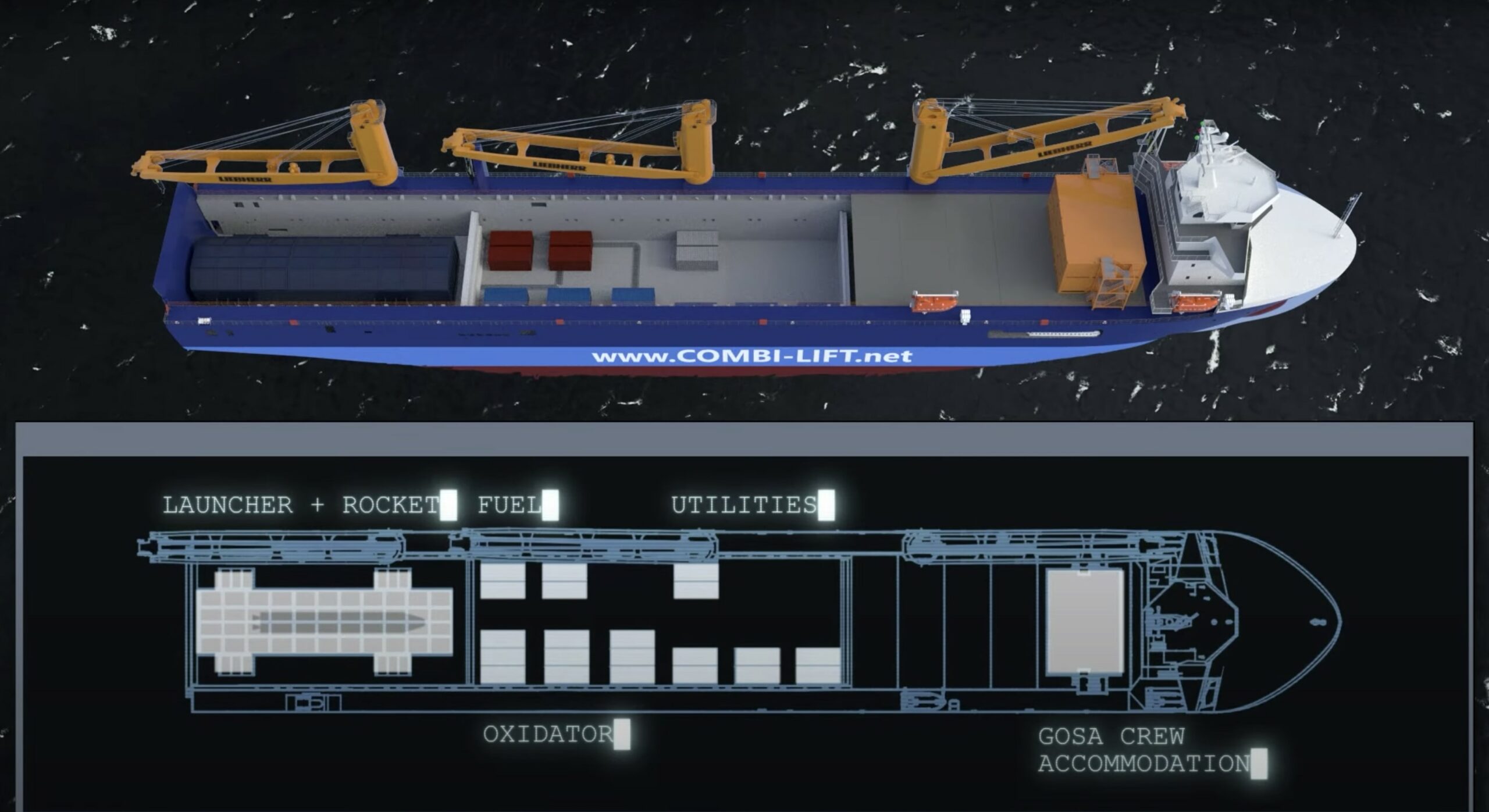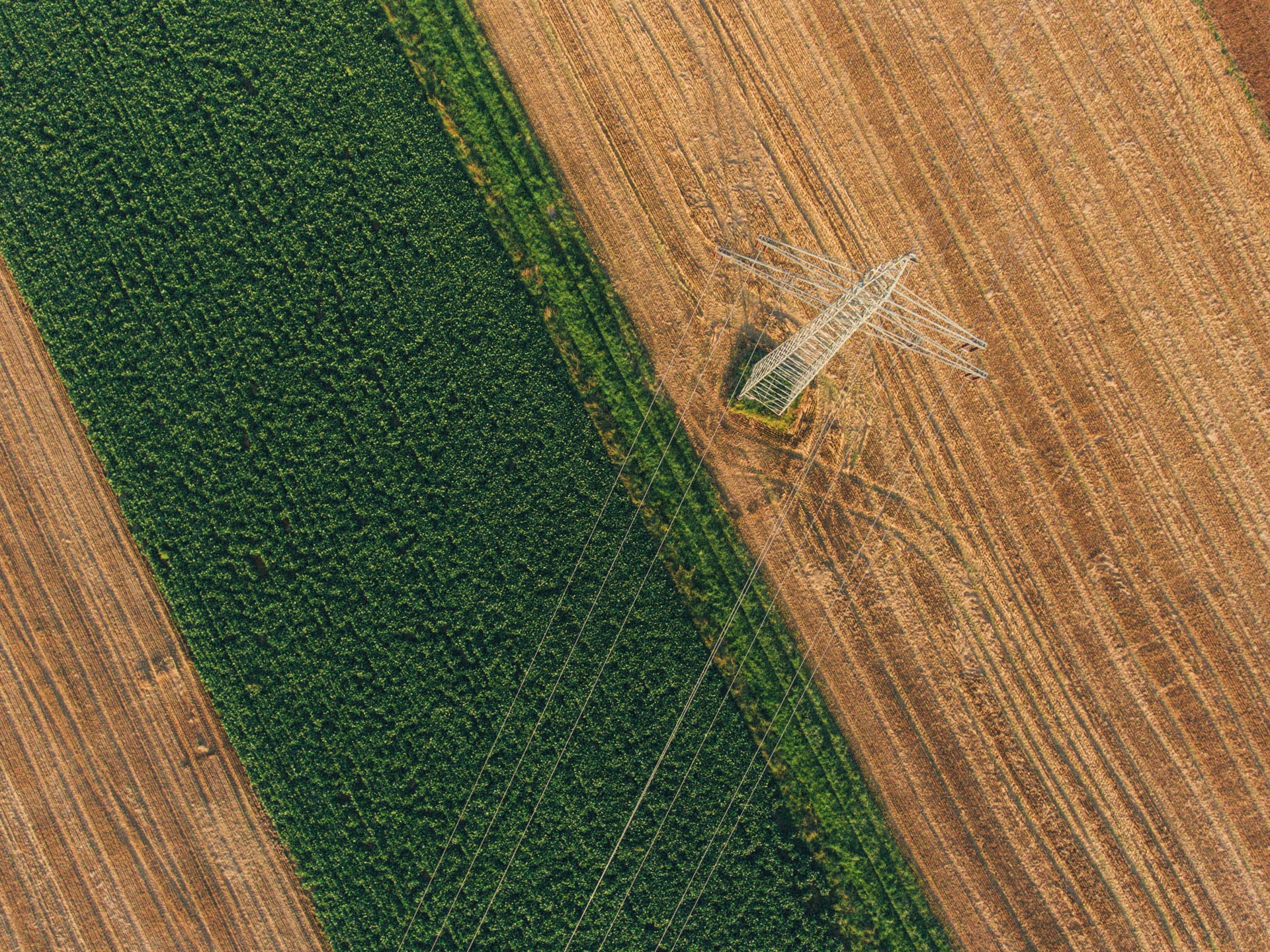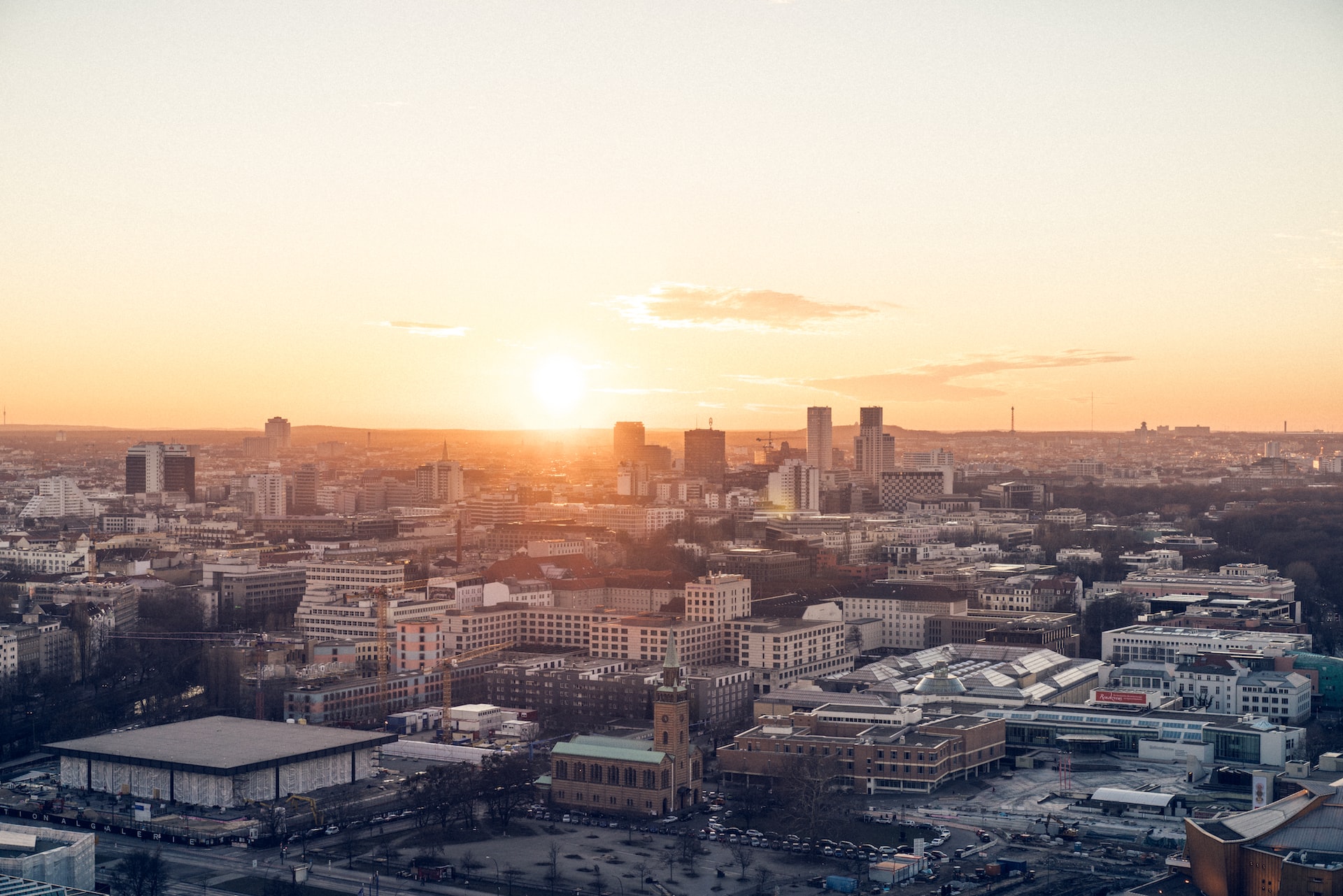
BDI NewSpace Breakfast No. 13
Published on Sun, 29.01.2023 – 11:19 CET in Events, covering BDIThis was the 13th time that the NewSpace initiative of the BDI has invited guests to a collaborative breakfast. The informal get-together was hosted by Planet Labs Germany at its European headquarters in the heart of Berlin. The motto of the morning was "NewSpace as an enabler of digitization".
At first glance, the modern building on Kurfürstendamm looks rather unremarkable. Lots of glass and steel, typical 21st century Berlin chic. Inside, there is not much to indicate the prominent tenant. If you don't know Planet, you'll hardly notice that it's the European headquarters of an earth observation company. But that changes as soon as you enter the offices on the 4th floor. The walls are covered with giant posters of satellite images. There are 1:1 models of satellites in orbit on pedestals. The offices are full of people working in a relaxed atmosphere and with great concentration. It's the perfect place to talk about NewSpace and digitalization.
NewSpace Breakfast Pitches
The NewSpace Breakfast was opened by Matthias Wachter, who as usual emphasized the importance of commercial space flight for the security, sovereignty and economic power of Germany and Europe. This was also underlined by Stefan Schnorr, State Secretary at the Federal Ministry of Digital Affairs and Transport, in his keynote speech.
Pitch 1 – German Offshore Spaceport Alliance
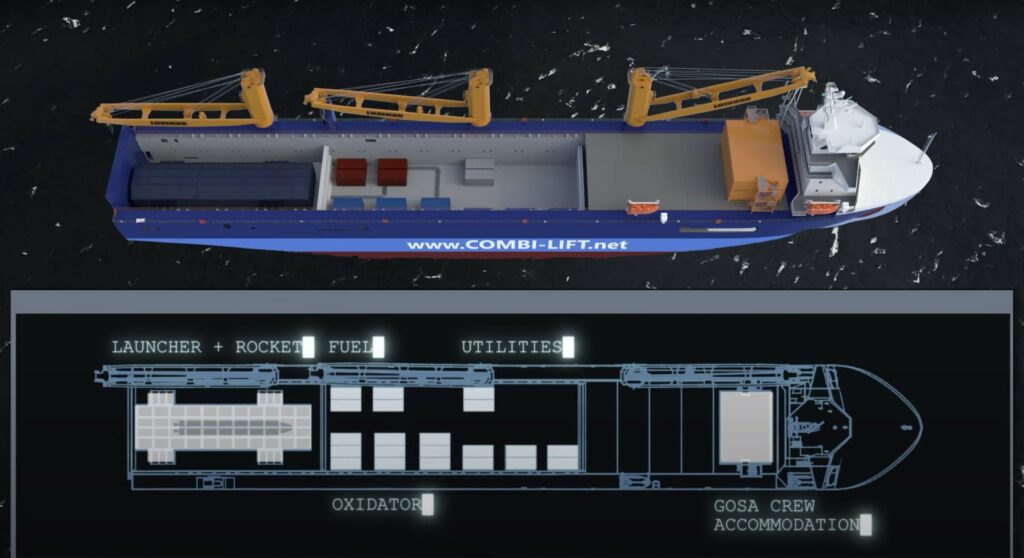
© German Offshore Spaceport Alliance
Traditionally, this introduction is followed by short pitches that provide insight into the status quo of various activities in the NewSpace ecosystem. The German Offshore Spaceport Alliance (GOSA) kicked things off. This alliance is planning a floating platform in the North Sea from which micro-launchers can be launched into space from German territory.
Pitch 2 – HyImpulse
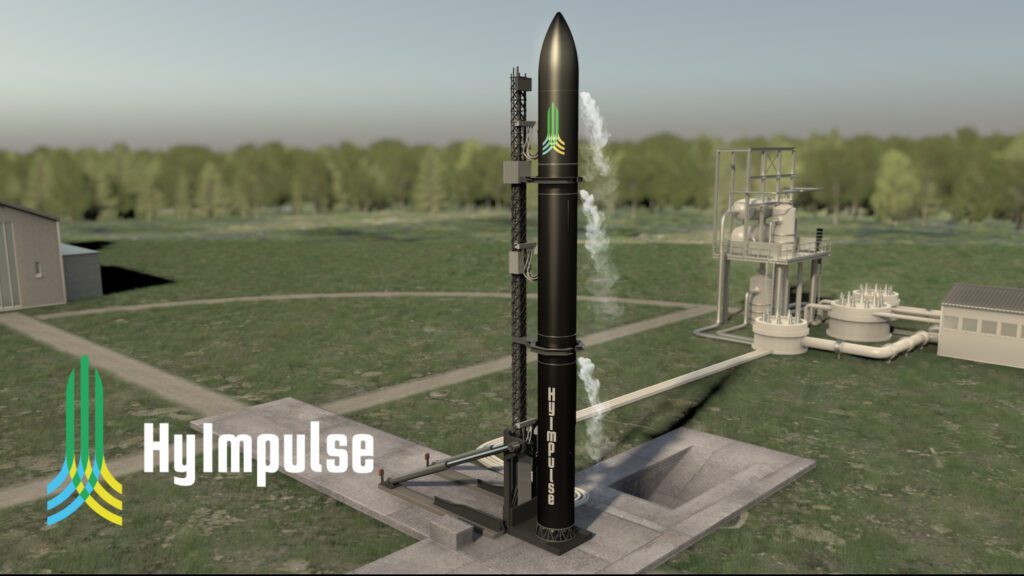
© HyImpulse Technologies GmbH
Pitch number 2 came from HyImpulse. The micro-launcher manufacturer from Neuenstadt am Kocher in Baden-Wuerttemberg plans to launch small rockets into space using candle wax as fuel. The Impulse presentation took the audience through the company's history. In addition, information was provided on the current status and a look into the future.
Pitch 3 – Planet
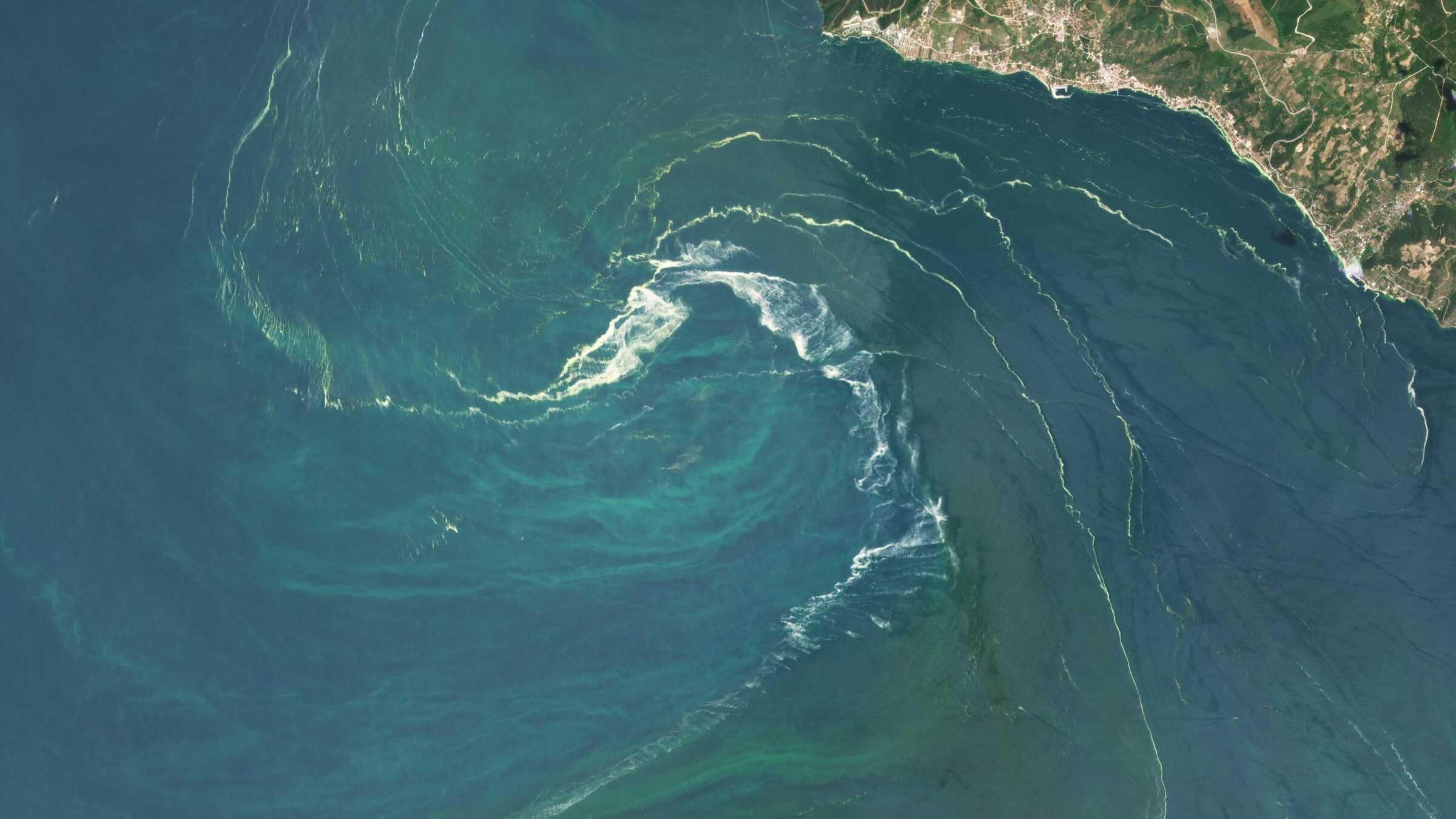
© Planet Labs
Last but not least, Planet gave an insight into the daily business. The Oder pollution in the summer of 2022 was presented as a use case. At the time, fish were dying en masse in the border river between Germany and Poland, and the cause was unclear for a long time. Illegally dumped wastewater on the Polish side was suspected, but this turned out not to be the cause. Rather, increased salinity caused a proliferation of the brackish water algae Prymnesium parvum, which produces a toxic substance that is lethal to fish and other aquatic organisms. The increase in the algae population is clearly visible in Planet's satellite images. In the end, space technology helped find the cause of one of Germany's most devastating environmental disasters in recent history.
Planet also offered a glimpse into its satellite control center. For the layman, the numerous parameters are difficult to understand without explanation. But it became clear that each individual satellite can be addressed and controlled from Berlin. This makes it possible to obtain ad hoc, high-resolution images from any point on the globe when needed - and in near real time. There are currently more than 200 Planet Labs satellites in orbit. The company's goal is to photograph the Earth's entire landmass every day. With that in mind, it looks like the European headquarters on Kurfürstendamm will continue to be very busy.
Note: The event was held under the Chatham House Rule.

